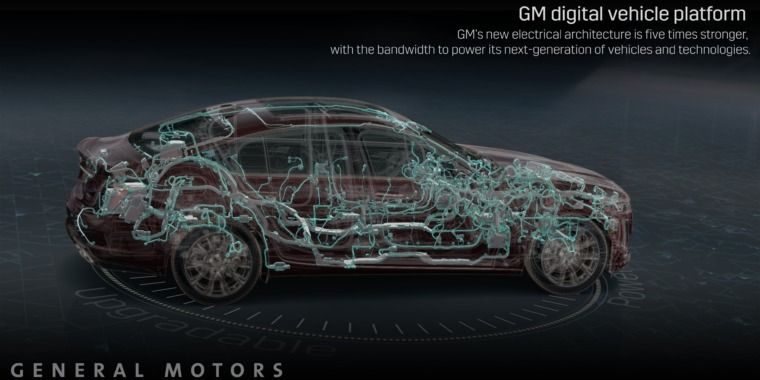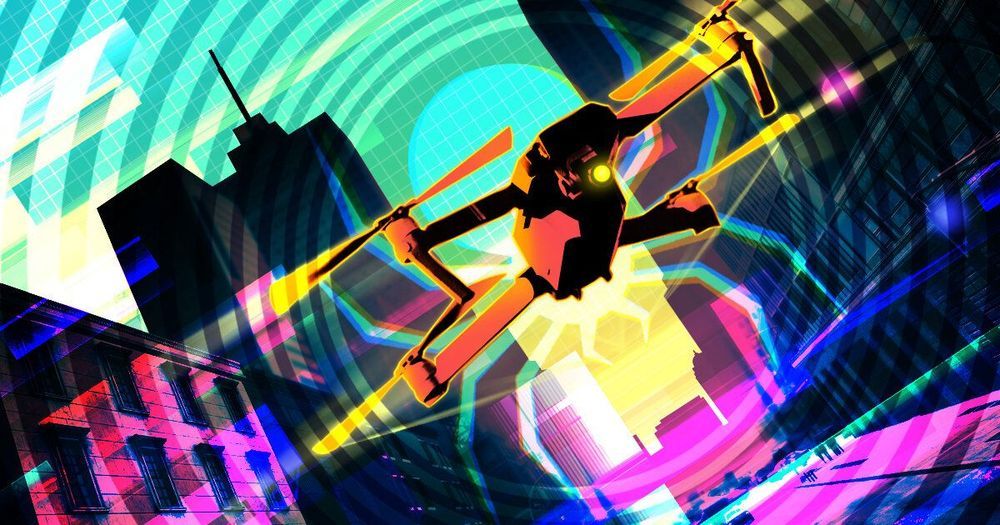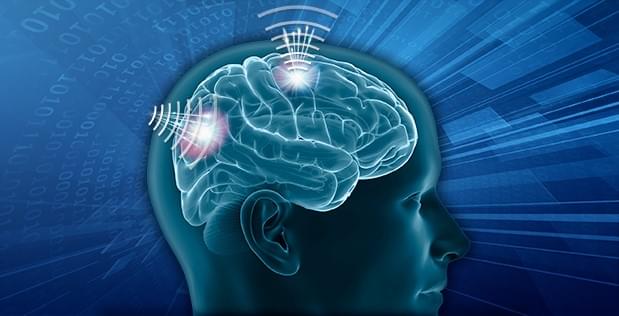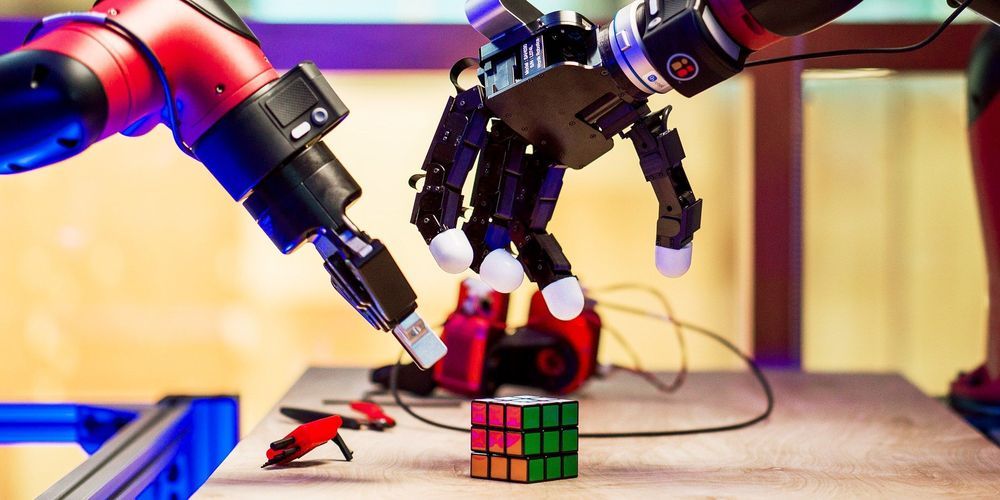There are about half a dozen other technological approaches to quantum computing vying for preeminence these days. The ion trap method differs from the most popular approach—the silicon chip-based “superconducting qubit”—preferred by the likes of IBM, Google, Intel, and other tech giants. Honeywell, the industrial conglomerate, is one of the few companies pursuing the ion trap approach along with IonQ.
“Quantum computers can potentially solve many of the problems we have today,” Chapman told Fortune on a call. He listed off potential areas of impact, such as drug discovery, energy, logistics, materials science, and A.I. techniques. “How would you not want to be part of that?”
“This is a once-in-a-generation type opportunity,” said Andrew Schoen, a principal at New Enterprise Associates, IonQ’s first backer. “We view this as a chance to build the next Intel.”








